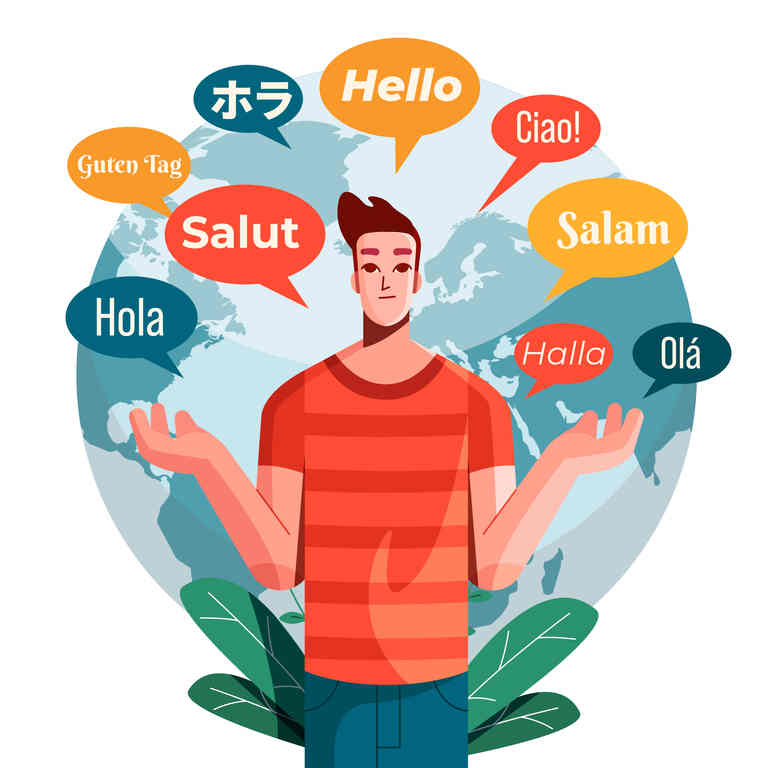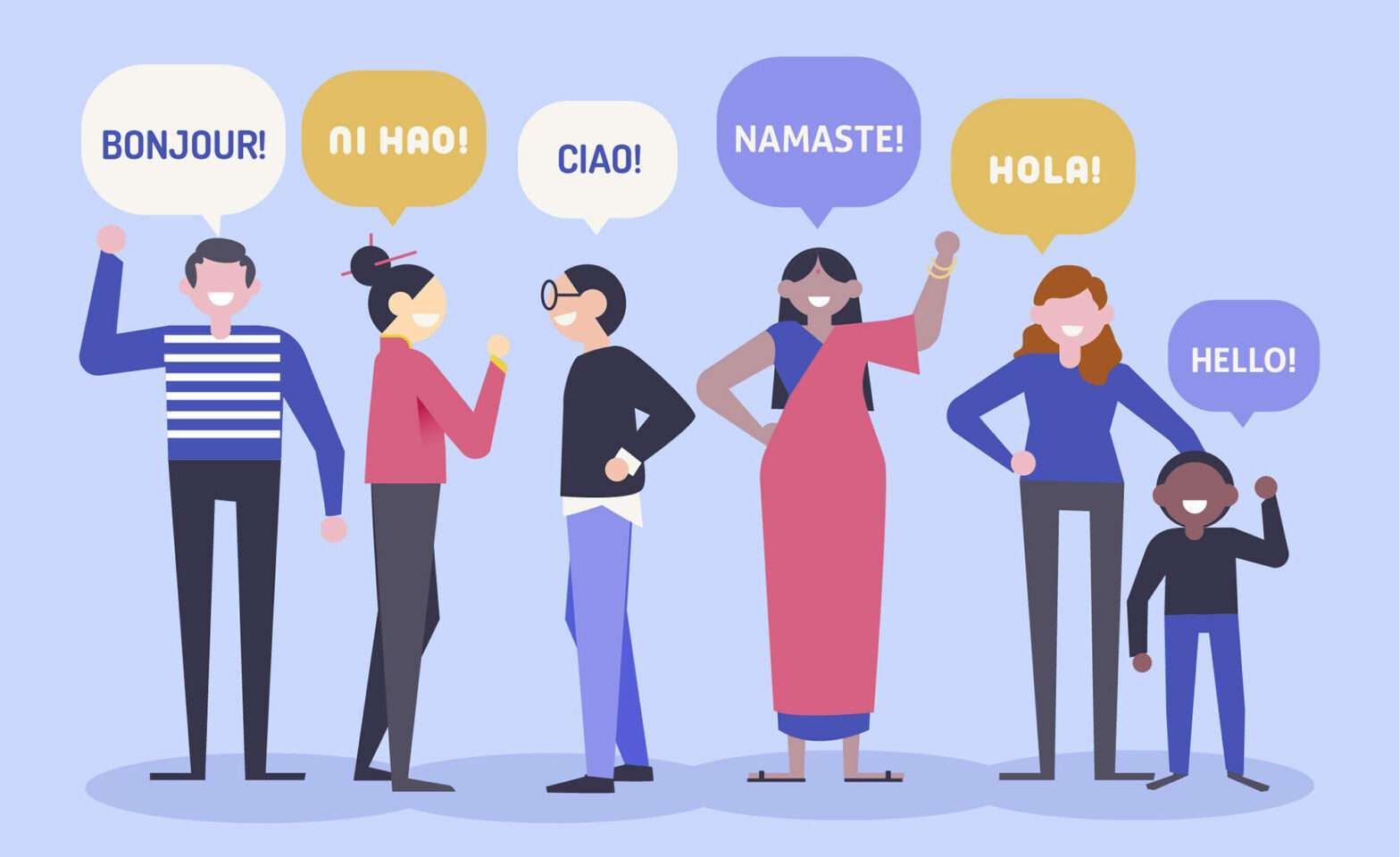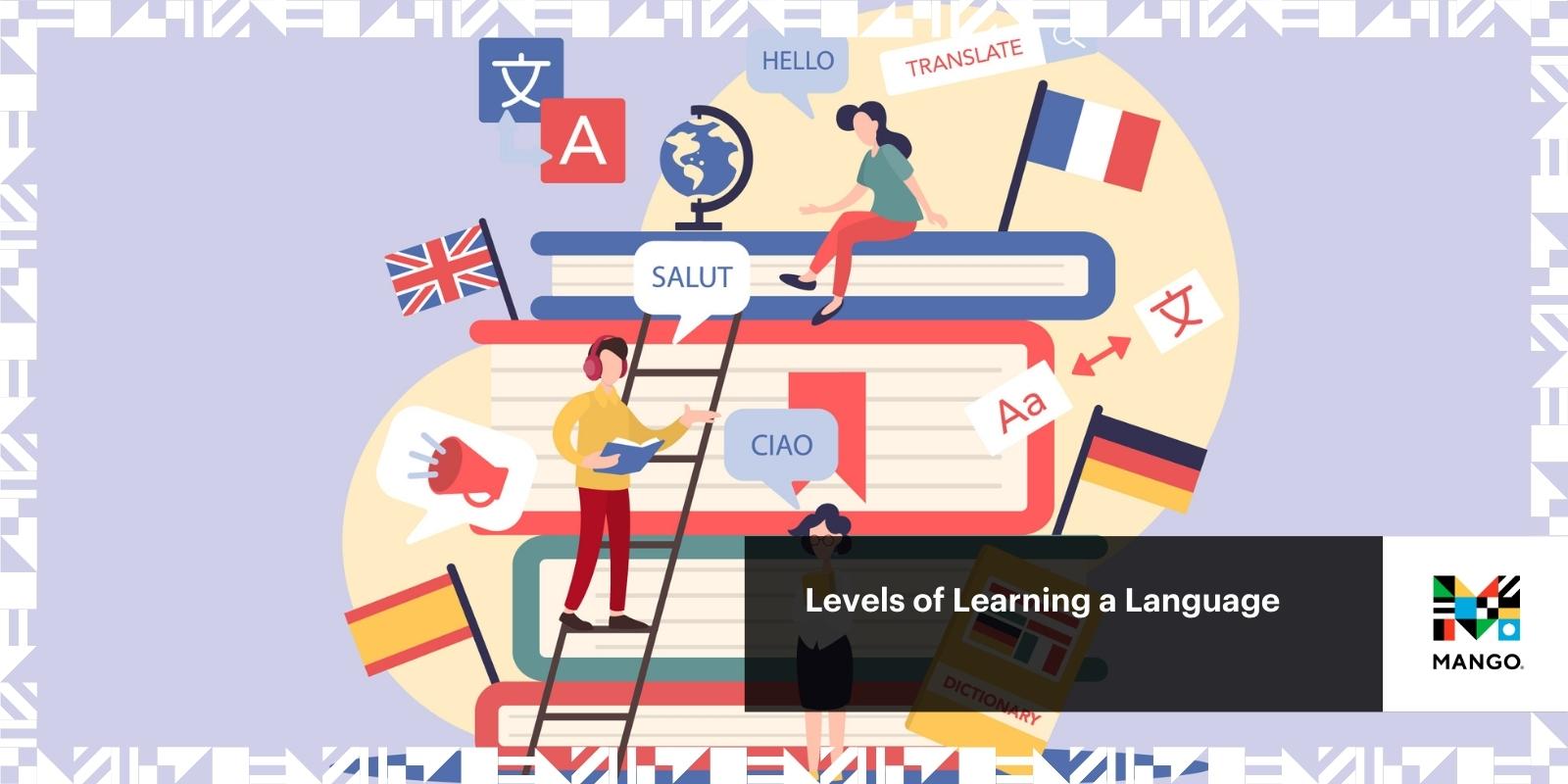Have you ever wondered what language is spoken in South Africa? It is a question many people ask, and the simple answer might surprise you. Unlike many countries with just one or two main tongues, South Africa is a place where many voices come together, creating a truly remarkable soundscape. It's a country where you can hear a multitude of ways people express themselves, so.
The idea of a single language for South Africa just does not quite fit the reality of daily life there. You see, the country has a deep, layered history, and this history has shaped how people communicate. It means that what you hear depends very much on where you are, and also who you are talking with, in a way.
This article will help you understand the beautiful complexity of South Africa's languages. We will explore the many official languages, look at how people actually use them every day, and even consider how modern tools help bridge the different ways of speaking. It is quite a journey, you know.
Table of Contents
- The Official Languages of South Africa
- Beyond the Official: Other Languages and Dialects
- How Language Works in South Africa
- Why So Many Languages? A Look at History and Culture
- Language in Daily Life: Communication and Identity
- Frequently Asked Questions About South African Languages
The Official Languages of South Africa
South Africa actually has a rather large number of official languages, which is eleven. This is a very interesting fact about the country, and it shows a real commitment to celebrating its diverse population. Each of these languages has its own story, its own sounds, and its own community of speakers, you know. They are all recognized by the country's constitution, which is pretty special.
This means that government documents, public signs, and even school lessons can be in any of these eleven languages. It is a way to make sure everyone feels included, and that people can communicate with their government in a way that feels natural to them. It is quite a big undertaking, really.
English: A Common Thread
While English is an official language, and widely used, it is not the most commonly spoken home language for most South Africans. It serves as a sort of common ground, especially in cities and for business or education. Many people who speak different home languages will use English to talk to each other, you see. It acts as a bridge, more or less.
You will find English used in most media, like television news and newspapers. It is also often the language of instruction in higher education. So, if you visit, you will probably hear a lot of English, especially in tourist areas and commercial centers, which is quite helpful.
Afrikaans: A Unique Heritage
Afrikaans is another official language, and it has a truly unique history. It developed from Dutch, but it has also borrowed words from other languages spoken in the country, including indigenous African languages, Malay, and Portuguese. It is a very distinct language, a bit like a blend of many cultures.
Many people of various backgrounds speak Afrikaans, including those of European, mixed-race, and even some African descent. It is especially strong in the Western Cape and Northern Cape provinces. You might hear it spoken in homes, on the radio, and in certain communities, apparently.
The Nguni Languages: Zulu, Xhosa, Ndebele, and Swati
The Nguni group of languages represents a very large portion of South Africa's population. This group includes isiZulu, isiXhosa, isiNdebele, and Siswati. These languages are quite similar to each other, so speakers of one might understand parts of another, in some respects.
IsiZulu is the most widely spoken home language in South Africa, with millions of speakers, mostly in the KwaZulu-Natal province. It is known for its clicks and its very expressive sounds. IsiXhosa, also known for its clicks, is widely spoken in the Eastern Cape. Many famous South Africans, including Nelson Mandela, spoke isiXhosa, you know.
IsiNdebele is spoken by the Ndebele people, mostly in Mpumalanga and Limpopo provinces. It is known for its vibrant traditional art and beadwork, which often reflect the language's cultural identity. Siswati, or Swati, is spoken in Mpumalanga and shares close ties with the neighboring country of Eswatini (formerly Swaziland). These languages are truly central to the lives of many people, really.
The Sotho-Tswana Languages: Sesotho, Setswana, and Sepedi
Another significant language family is the Sotho-Tswana group, which includes Sesotho, Setswana, and Sepedi (also called Northern Sotho). These languages are also closely related, much like the Nguni group, and their speakers often share cultural ties.
Sesotho is spoken mainly in the Free State province and parts of Gauteng. It is also the national language of Lesotho, a country completely surrounded by South Africa. Setswana is prevalent in the North West province and is also the national language of Botswana. Sepedi is primarily spoken in the Limpopo province. These languages have a rich oral tradition, with many proverbs and stories passed down through generations, so.
Tshivenda and Xitsonga
Tshivenda and Xitsonga are two other official languages, each with its own distinct sound and cultural background. Tshivenda is spoken by the Venda people, mostly in the Limpopo province. Their culture is known for its intricate spiritual beliefs and artistic traditions.
Xitsonga, also known as Tsonga, is spoken by the Tsonga people, mainly in Limpopo and Mpumalanga. This language has connections to people living in Mozambique as well. These languages, like all the official ones, are a vital part of the country's diverse identity, and they are protected and promoted, which is a good thing.
Beyond the Official: Other Languages and Dialects
Even with eleven official languages, South Africa's linguistic picture is even richer. There are many other languages and dialects spoken by communities across the country. These include languages like Khoisan languages, which are some of the oldest languages in the world, known for their unique click sounds. There are also European languages, like Portuguese, German, and Greek, spoken by immigrant communities, you know.
Indian languages, such as Hindi, Gujarati, and Tamil, are also spoken by communities descended from indentured laborers who arrived in the 19th century. These languages might not have official status, but they are very much alive in homes and communities, showing the truly wide range of cultural backgrounds present in the nation. It is a very diverse place, apparently.
How Language Works in South Africa
To really get what language is spoken in South Africa, it helps to think about what language itself is. My text describes language as "a system of conventional spoken, manual (signed), or written symbols by means of which human beings express themselves." In South Africa, this idea of expression takes on many forms, with people often switching between languages in a single conversation, which is called code-switching. It is a very common thing, you know.
The meaning of language, my text also notes, comes from "the words, their pronunciation, and the methods of combining them used and understood by a community." In South Africa, communities might be defined by their home language, but they often share understanding across linguistic lines, especially through the use of English or by learning a few phrases from another local language. This creates a very interesting way of communicating, really.
Language as a System of Expression
Each of South Africa's languages offers a complete system for people to express their thoughts, feelings, and ideas. This includes not just spoken words but also, in some cases, manual symbols, like sign language, which is also recognized and used. It is a very deep way for people to connect with each other, you see. The way sounds are made, the order of words, and even body language all play a part in how messages are shared.
People use language for so many things: to tell stories, to teach children, to sing songs, and to conduct daily business. This system allows for complex thoughts to be shared, building communities and preserving cultural traditions. It is a very powerful tool, so.
The Practical Side: Display and Proofing Languages
In today's world, language also shows up in how we interact with technology and official documents. My text mentions "Display language (what is on the ribbon and menus)" and "Proofing language (spelling and grammar checking)." This is very relevant in South Africa, where software and digital interfaces often need to cater to many language preferences. You might choose to have your computer menus in English, or Afrikaans, or even isiZulu, if that option is available, you know.
Sometimes, people face a bit of a challenge with these settings. My text talks about how "The language changed on my outlook office without my consent" or how "My spell check within the email (and all new emails and replies) is suddenly reverting to french." These little frustrations show how important it is for language settings to be correct, especially in a country where so many languages are in active use. It highlights the need for systems to be flexible and user-friendly, very much.
Overcoming Language Barriers
With so many languages, communication can sometimes be a little tricky, but people find ways to manage. My text mentions tools like "On your computer, open google translate," and how "You can translate text, handwriting, photos, and speech in over 200 languages with the google translate app." These tools are quite helpful for bridging gaps when people do not share a common language.
Beyond technology, people often learn a few phrases in other languages, or they use gestures, or they find someone who can help translate. It is a very common part of life there, to find ways to communicate across different linguistic backgrounds. This kind of adaptability is a strong feature of South African society, really. To learn more about language on our site, you can explore other related articles.
Why So Many Languages? A Look at History and Culture
The reason South Africa has so many languages is tied deeply to its long and complex history. For centuries, various groups of people settled in different parts of the land, each bringing their own distinct ways of speaking. The indigenous African communities, such as the Nguni and Sotho-Tswana groups, developed their languages over many generations, very much.
Later, European settlers arrived, bringing languages like Dutch and English. The interaction between these groups, sometimes peaceful, sometimes not, led to the development of new languages, like Afrikaans, which is a blend. During the era of apartheid, the government tried to separate people by language and ethnicity, but even that could not erase the rich linguistic mix. In fact, the post-apartheid constitution made a point of recognizing all these languages to promote equality and cultural respect, which is a big deal.
This commitment to linguistic diversity is a core part of the country's identity today. It is a way to acknowledge the past and build a future where everyone's heritage is valued. It shows a very deliberate choice to embrace variety, you know. You can find more information about South Africa's cultural makeup on official government websites, for instance, the South African Government's official language page.
Language in Daily Life: Communication and Identity
In South Africa, language is not just about talking; it is about who you are and where you come from. Your home language often connects you to your family, your community, and your traditions. It is how stories are told, how jokes are shared, and how cultural values are passed down through generations. It is a very personal thing, so.
In daily interactions, you might hear people easily switch between two or three languages depending on who they are talking to, and the situation. For example, someone might speak isiZulu at home, English at work, and Afrikaans with a neighbor. This linguistic flexibility is a common skill, and it is a sign of how integrated these different languages are in people's lives. It is quite fascinating to observe, really.
Public spaces, like markets or taxi ranks, are often alive with the sounds of many languages spoken at once. This creates a very unique and dynamic atmosphere. It reflects the country's vibrant blend of cultures, where people from different backgrounds live and work side by side, sometimes using different words but often sharing common experiences. It is a rather special thing, you know. For more about this topic, you can also explore this page: What Language is Spoken in South Africa? Discovering Its Rich Linguistic Identity.
Frequently Asked Questions About South African Languages
People often have many questions about the languages spoken in South Africa. Here are a few common ones.
Is English widely spoken in South Africa?
Yes, English is very widely spoken across South Africa, especially in urban areas, in business, and in education. It is one of the eleven official languages and often serves as a common communication tool between people who speak different home languages. So, you will hear it quite a lot, apparently.
What is the most common language in South Africa?
The most common home language spoken by people in South Africa is isiZulu. Millions of people speak it, especially in the KwaZulu-Natal province. While English is common, more people speak isiZulu at home, which is a very interesting distinction.
Why does South Africa have so many languages?
South Africa has many languages due to its long history of diverse communities settling in the region. Various indigenous groups developed their own languages over centuries. Later, colonial powers brought English and Dutch, which evolved into Afrikaans. The country's post-apartheid constitution recognized these eleven languages to celebrate and protect this rich linguistic heritage, which is a big reason, you know.



Detail Author:
- Name : Reese Hudson
- Username : dora65
- Email : jessie.stark@yahoo.com
- Birthdate : 1973-01-20
- Address : 541 Johnnie Station West Eveline, IN 69065
- Phone : 331.831.6426
- Company : Senger, Bruen and Purdy
- Job : Gaming Dealer
- Bio : Et facere omnis saepe vitae aut vel. Ipsam modi dolores minima omnis optio non rerum. Accusantium aut dolorem cumque et.
Socials
instagram:
- url : https://instagram.com/hturcotte
- username : hturcotte
- bio : Aspernatur dignissimos rerum qui. Nam veniam fugiat accusantium ut voluptas officiis amet.
- followers : 1120
- following : 2166
twitter:
- url : https://twitter.com/hailey6727
- username : hailey6727
- bio : Illo placeat dignissimos quae labore. Est dolores debitis minus illum. Recusandae nihil et et. Fugit vel omnis ratione magnam sunt velit.
- followers : 1758
- following : 2337

